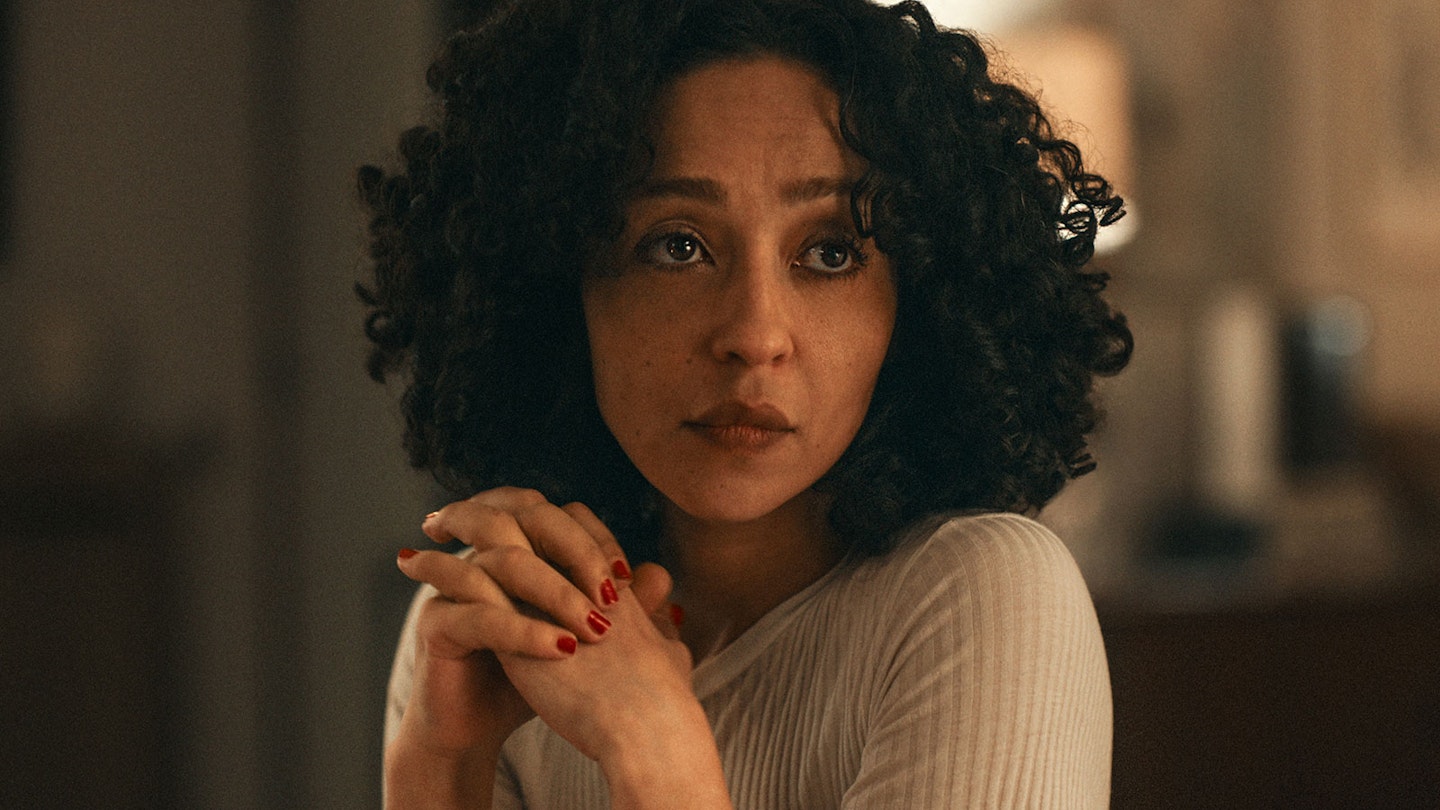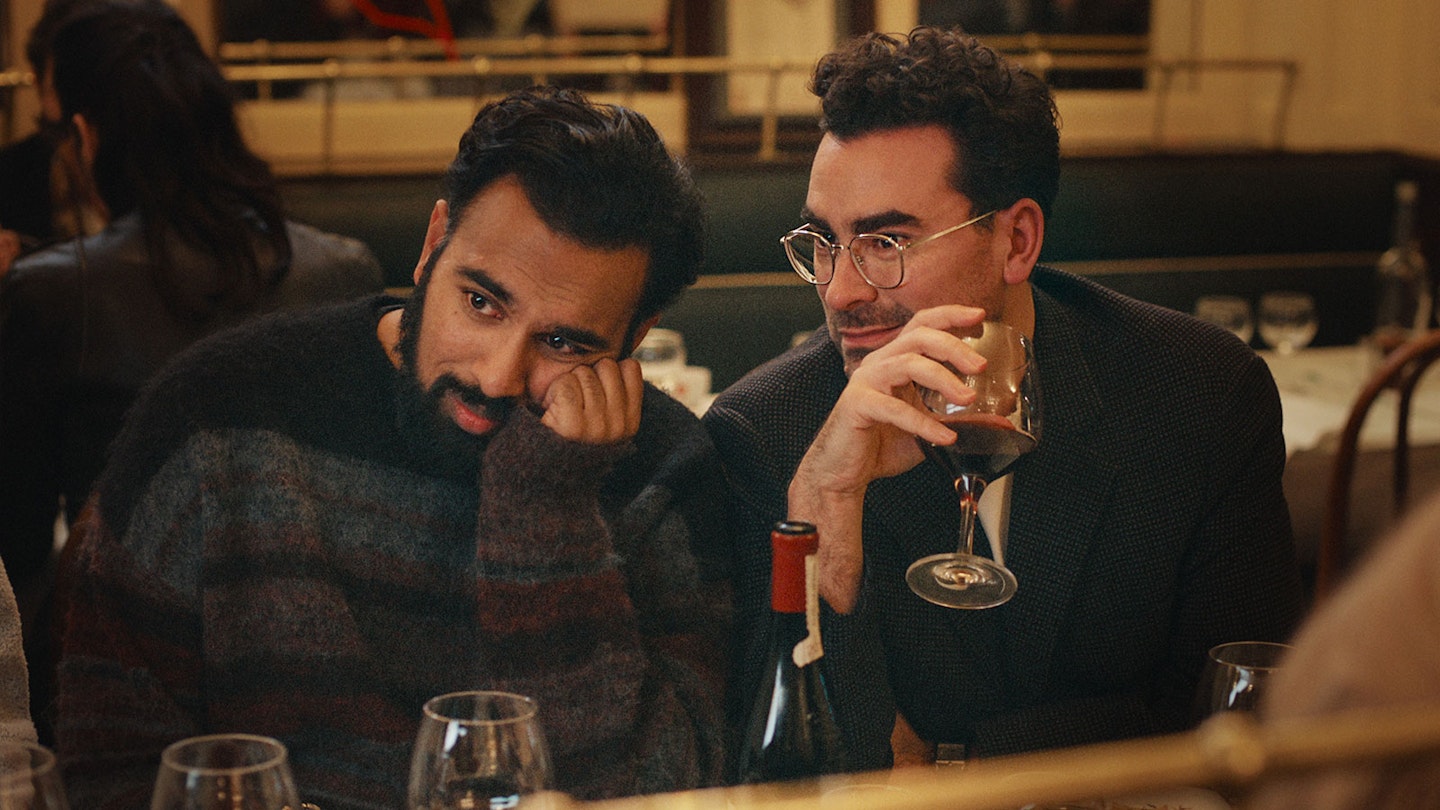Schitt’s Creek fans might be surprised by Dan Levy’s directorial debut. Tonally, this is a complete swerve from the goofy hijinks of the sitcom Levy created with his father Eugene; Good Grief does not occupy a world in which characters say things like, “I haven’t bedazzled anything since I was 22!" Made without Eugene Levy or the Creek crew, it’s a largely sombre comedy-drama — emphasis on the “drama” — about grief, love and friendship, in some ways an admirably ambitious first step into feature-length storytelling.

That’s not to say Levy’s sense of humour is absent. His talent for sharp sass hasn’t faded here, and if this story — about a man mourning the death of his husband and finding solace in his two best pals — was less depressing, you’d be forgiven for thinking you were watching a Richard Curtis film. Plenty of Curtis-isms can be found here: witty, self-deprecating dialogue; upper-middle-class people living comfortable dinner-party lives in West London; an overly romanticised view of Christmas. Think Four Weddings And A Funeral, with no weddings and just the funeral, and you’re part of the way there.
Ruth Negga, in particular, is a total knockout
The result is both glossy and overly subdued. The focus on grief, baked into the title as it is, makes much of the viewing experience kind of a downer, something Schitt’s Creek never was. But the cast’s chemistry is undeniable, especially the central trio, and the scenes they share together uplift the more morose moments.
Ruth Negga, in particular, is a total knockout, playing a far more effervescent character than we’re used to seeing from her: Sophie, as she describes herself, is “a hot fucking mess”, chasing hedonism and joy while clearly running away from the crumbling reality of her life. Himesh Patel — a Richard Curtis veteran, with his breakout role in Yesterday — is brilliant too, more laconic and wise than his pals, gifted with some of the film’s best dialogue.
As Marc, meanwhile, Levy’s role is quieter and far more subdued: moving through the different stages of grief, he spends most of the film looking different shades of forlorn, in a variety of cosy jumpers. It’s a hard thing to find the variety of tone when a character is just straightforwardly sad, and that single track occasionally threatens to bring the film down with its mopiness. But there is room for joy too, memories shared about spilled red wine, homemade dildos, and a perfume bottle wrapped in a condom, all of which makes this years-long friendship feel lived-in and real. It’s moments like these, when self-described “people who don’t have their shit together” find solidarity in one another, that Good Grief hints at something more profound.
